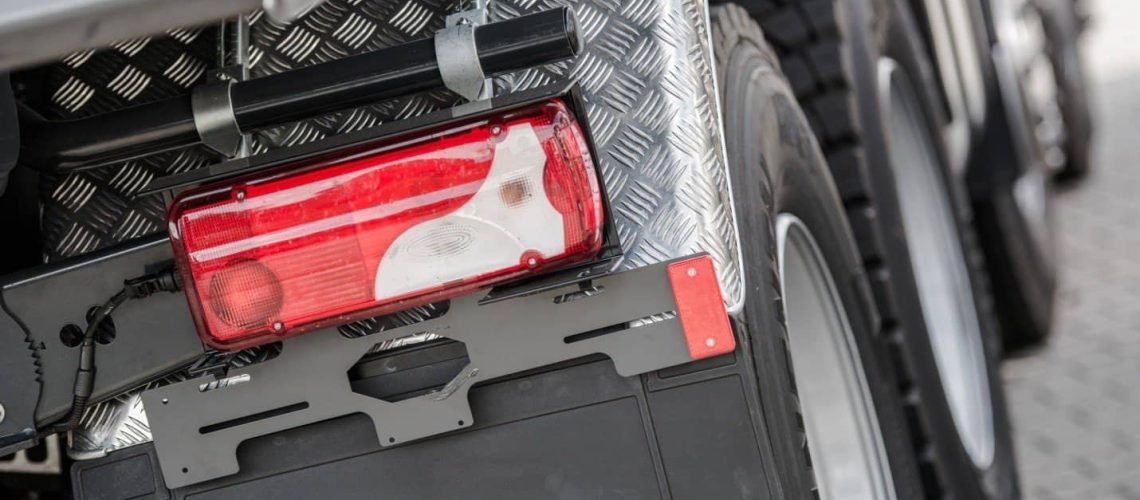When thinking about the biggest vehicle that can hit the streets, chances are you will think about either a bus or a commercial truck. A bus is a vehicle that is made to carry multiple passengers, and a commercial truck is an similar vehicle that is used for transporting cargo and could support a minimum number of human crew. Some engineers see buses and trucks as vehicles that belong to the same family. They have similar engines, chassis, gearboxes, and multiple ancillaries. In fact, you can theoretically make a bus body or a truck body out of the same chassis. The same goes for their tires.
Being almost identical in size, buses and trucks also share a lot of similarities when it comes in choosing the right properties of a tire. If you wanted to learn more about what bus and truck tires have in common, this is the right article for you.
The Rear Tires – Super Important!
Due to their capability to carry heavy loads of weight, trucks and buses often have dual tires on their rear. Installing dual rear tires can help trucks and buses to increase their load capacity as well as keep their drivability in case one of the rear tires becomes flat. Buses normally have six tires, with a pair of dual tires at the back and a couple in the front for steering. In some cases, it is also not uncommon to see a bus with ten tires (2 rear axles with dual tires). On the other hand, trucks are designed to carry large cargo in a way that they tend to have a higher number of tires. Most can be seen sporting 18 tires, with the eight of it located on the trailer.
The Distance That The Commercial Trucks Or Busses Regularly Cover
There are two basic types of bus: city buses (buses that are used for short-distance transport), and long haul buses (public transport vehicle that carries passengers in significant distances). Majority of trucks today are utilized for long distance transports similar to long haul buses, but there are also trucks aimed for shorter transports like a logger truck. These trucks can be considered to be the version of city buses as instead of human passengers; logger trucks carry materials like timber to nearby saw or pulp mills, where they have to manage on both on and off-road conditions. As for the tires, [trucks and bus tires] https://www.nokianheavytyres.com/tyres/trucks-and-buses/ share the same level of durability to survive long-distance travel except for the tires that some city bus use. City bus tires usually require additionally reinforced sidewalls to ensure protection against possible impacts from curbs. But as it was mentioned already, all types of bus and truck tires have to be durable, so they are highly impervious to wearing and have low rolling resistance for improved fuel efficiency.
The Materials Used
Manufactured for the same purpose, bus and truck tires are obviously made up of several identical materials. With most parts made from synthetic and natural rubber, modern tires used for both vehicles can contain fabric and wire along with other necessary chemical compounds. These materials are processed in a way to develop a tire with the proper characteristics of strength and resiliency.
The tire normally consists of two main parts, the tread and the body. The tread serves to create traction while the body gives containment for a quantity of fresh air to enable the movement of the vehicle it supports.
Both Are Available in All-Season Tire Variants
Tires can come in different designs and sizes. But perhaps one of the most popular types of tires up to date are all season tires. Many commercial cars are installed with all season tires because of the benefits that it can bring in the vehicle. Fortunately, these also include trucks and buses. With all-season tires, you can now enjoy the following advantages:
- Avoid the hassle of changing between summer and winter tires – buying two sets of tires for both summer and winter can be quite costly. All season tires are a more practical option as it is highly ideal for both seasons.
- All season tires are fairly easy to drive with – this type of tires possess strong traction and stable cornering that are excellent regardless of the season and road conditions.
- Improvements are still on the way – tire manufacturers are still on the verge of further augmenting the design of all season tires. One of the recent changes is the tuning of tread pattern for low noise and optimum road contact in all surface conditions.
Final Thoughts About Tires
Depending on which country or type of vehicle you operate in, there can be requirements for winter tires, if the transport is done during the winter season. If there are regulations, it is important that you have winter approved tires, tires that have the Three Peak Snow Flake (3PMSF)-symbol on the sidewall of the tires. With these tires, you can operate regardless of weather or weather forecast and can make sure that you can get your passengers or your good on time to the required destination. Road safety and avoiding delays due to weather can be important even if winter tires are not mandatory, but you will face winter conditions during the winter season.
As with all fleet of vehicles, it is important to undertake proper tire maintenance, where the major tire cause of tire problems is due to low tire pressure, so this should be checked on a regular basis to ensure that you avoid unscheduled downtime due to problems related to low tire pressure. Tread wear is also important to monitor so that you can replace the tires when the treated depth becomes low. A good quality tire will last longer due to lower wear, but they can also be retreaded if the carcass is still in good condition. A damaged tire due to low tire pressure can’t be retreaded. Retreaded tires are basically as good as new tires and tires can be retreaded 1-2 time as long as the carcass is in good condition. Retreading of tires can save a lot of money for your tire budget, without losing any safety or driving properties. It is also good for the environment by reusing the carcass a few times before it is discarded.





